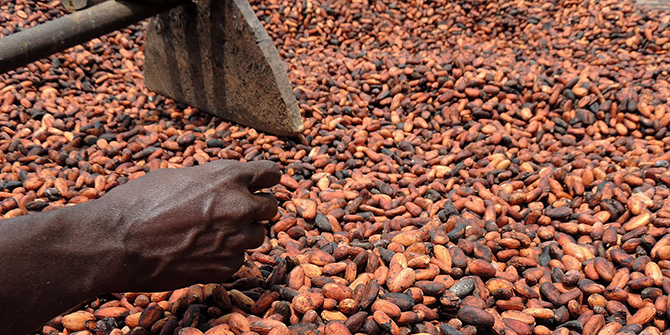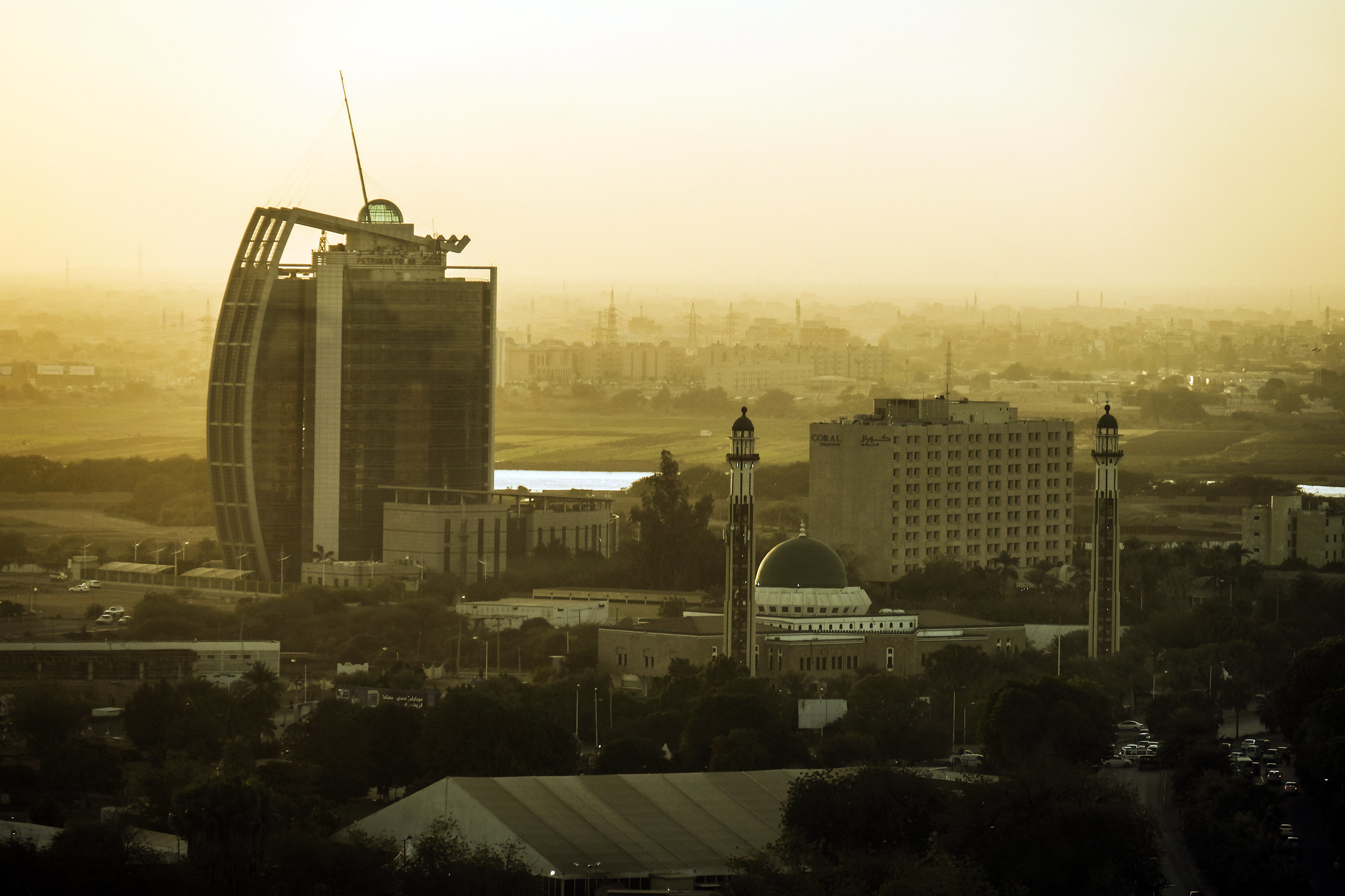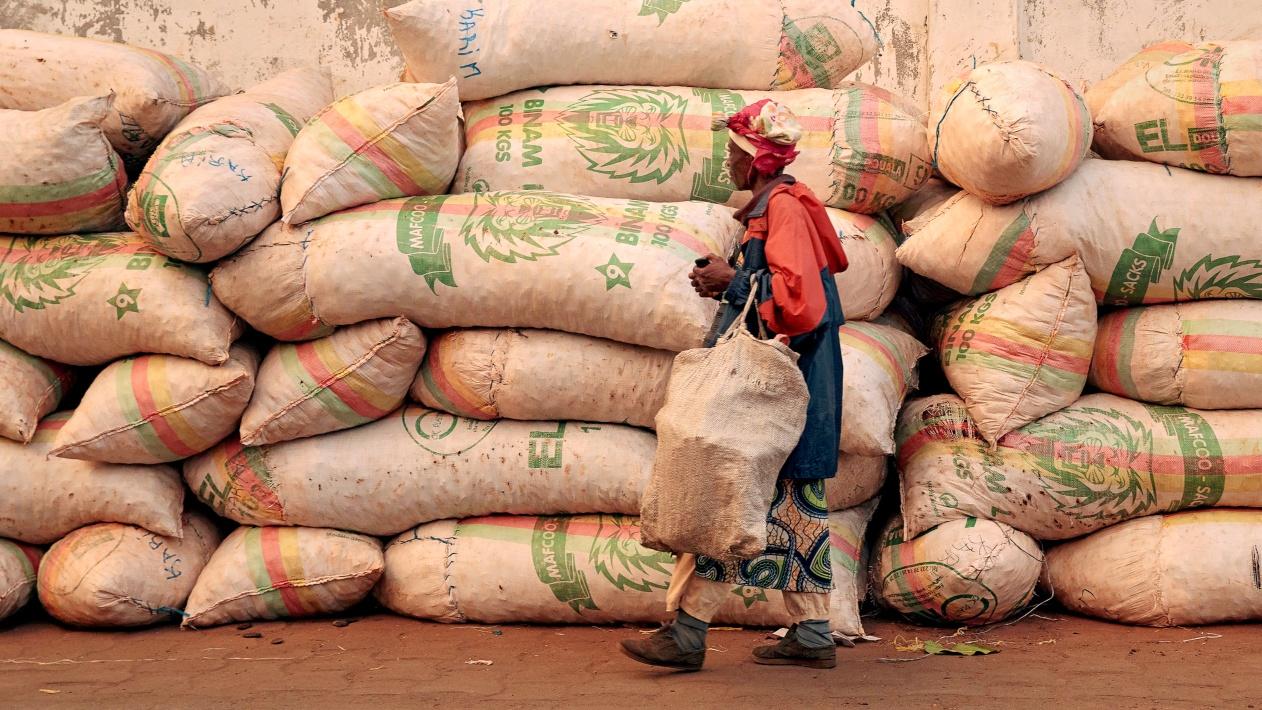In the Western media, Africa is often portrayed as a continent ravaged by war, terrorism, and political instability. However, as Abubakar Abubakar Usman writes, inter-state violent conflicts are rare in West Africa, which raises questions about the underlying factors contributing to this peaceful phenomenon.
With the exception of a minor armed confrontation between Burkina Faso and Mali in 1985, West Africa has been relatively peaceful in the years following independence. In contrast, Europe witnessed over 25 inter-state conflicts in the same period, many of which were driven by ethnic tensions.
One possible explanation is the ‘Realist logic’ that every country in West Africa perpetually enhances its security sufficiently to deter others from attacking it. However, this principle does not explain the absence of war in the region, as the countries’ military spending has remained low since independence in the 1960s and 1970s.
Another possible explanation is the ‘Liberal institutionalist logic’ that countries can promote peace by adopting democratic systems of rule. This principle is also inadequate, as many West African countries have experienced periods of military rule.
So, what is the answer?
The absence of war among West African countries is the result of non-material factors such as pan-West Africanism and high-level diplomatic successes such as the Economic Community of West African States’ regional security arrangements.
The arguments behind Pan-West Africanism reinforce a shared colonial history and post-colonial identity, while ECOWAS’ non-aggression principle and peaceful dispute resolution have created a security community among its members. These values, norms, and conflict management structures have combined to prevent inter-state conflicts in West Africa.
Pan-West Africanism
The idea of Pan-West Africanism originates from a broader movement known as Pan-Africanism. It’s a philosophy that aims to promote the liberation and unity of people of African descent, based on the principles of celebrating African culture and achieving true independence for African states.
Pan-Africanism played a pivotal role in the establishment of the Organisation of African Unity (OAU), which provided African states with a platform to collectively address their issues and find solutions that reflect African cultures. Kwame Nkrumah, a leading figure in the Pan-African movement and a driving force behind the formation of the OAU in 1963, inspired fellow African leaders with his words:
“I can see no security for African states unless African leaders, like ourselves, have realised beyond all doubt that salvation for Africa lies in unity . . . for in unity lies strength, and as I see it, African states must unite or sell themselves out to imperialist and colonialist exploiters for a mess of pottage, or disintegrate individually.”
In West Africa, the concept of Pan-West Africanism has emerged as a regional version of Pan-Africanism, emphasising unity and collaboration among West African countries. Despite the physical and linguistic divisions caused by colonialism, West Africans still see themselves as a community united by a common history and heritage, with the need for collective survival and development. The idea of Pan-West Africanism has created a network of brotherly relationships among West African states, promoting regional solidarity and eliminating the possibility of violence in inter-state relations.
Pan-West Africanism is not just an abstract philosophy. It has underscored a practical approach to regional integration and cooperation that has helped to prevent violent conflicts among West African countries. By recognising their shared history and cultural heritage, and working together towards common goals, West African countries have shown that regional cooperation and solidarity can be a powerful tool for promoting peace, stability, and development in the region.
The Economic Community of West African States’ security arrangement
ECOWAS was established in 1975 to address economic challenges facing the region and promote “collective self-sufficiency for its member states.” However, ECOWAS has since expanded its mandate to include conflict prevention and peacebuilding, as well as the promotion of democracy and good governance in response to the region’s political crises and security challenges.
When it comes to security, there are several arrangements that a group of countries may adopt based on their unique circumstances. These arrangements can be voluntary or involuntary and can vary from one region to another. There are four primary security arrangements that a group of states may employ: security regime, security community, collective defence, and collective security.
ECOWAS exemplifies a security community. Its member states share a collective identity and adhere to norms that prevent wars and arms races. They have mechanisms for peaceful dispute settlement, a long absence of preparation for war, and a highly functioning regional platform. ECOWAS demonstrates the effectiveness of regional cooperation in promoting peace and security. By prioritising self-reliance, cooperation, and adherence to norms, West African countries have created a secure environment for development.
The region has seen two major civil wars in Liberia and Sierra Leone, which threatened regional peace and security. However, ECOWAS was able to use its defence and non-aggression protocols to establish a legal framework for peacekeeping, deploying troops and engaging in negotiations, arbitration, and military operations which helped to contain and eventually end the violence.
This displayed the use of formal and informal institutions for peaceful dispute settlement, a key feature of a security community. ECOWAS demonstrated functional cooperation, integration, and a sense of collective identity.
The norms
ECOWAS was created by West African countries seeking to promote economic development among themselves after gaining independence from their colonisers. Initially, ECOWAS focused on trade, free movement, and infrastructure development, however, its founding document, the Treaty of Lagos, was revised in 1991 and introduced new principles that were absent in the previous version. Article 4 of the revised treaty outlines four of the eleven principles that focus on security relations and dispute resolution. These principles include:
- solidarity and collective self-reliance;
- non-aggression between member states;
- the promotion and strengthening of good neighbourliness to maintain regional peace, stability, and security; and
- the peaceful settlement of disputes among member states, active cooperation between neighbouring countries, and the promotion of a peaceful environment as a prerequisite for economic development.
West African countries prioritise peaceful dispute resolution over sovereignty and the principles of non-aggression and a commitment to avoiding military arms races have contributed to the absence of violent conflicts between member states. This approach is unique compared to other regions and may be due to their tumultuous post-independence history. The West African region’s approach to sovereignty, characterised by a willingness to sacrifice individual state sovereignty for collective peace and stability, has been a key factor in maintaining regional stability.
Local explanations
The logics offered by traditional international relations theories struggle to explain why West Africa has remained relatively peaceful despite domestic instability and security challenges. Shared identity, norms and values which promote cooperation and peaceful coexistence through regional organisations and the ECOWAS architecture underpinned by pan-West Africanism offer better explanations.
Photo credit: US Army used with permission CC BY 2.0






Quite a good read, laced with geopolitical peace innuendos contrasting the Western Media mind pollution drive with false narratives on African countries habitual state. A breath of fresh air.
Many thanks Mr. Martins for the kind words.
nice blogs…
Many thanks.
More ink to your pen, Dr. I really enjoyed reading it. You have said it all. May Almighty Allah continue to unite us and protect us from those who have misguided minds against our unity.
Thank you for the kind words Dr. Gokaru and Ameen to your prayers.
And yet now we see a region that has rapidly degenerated into armed conflict, political instability and economic degradation. Whilst accepting a myriad of external factors; how does ECOWAS now evolve to face off against the growing problems it faces on multiple fronts?